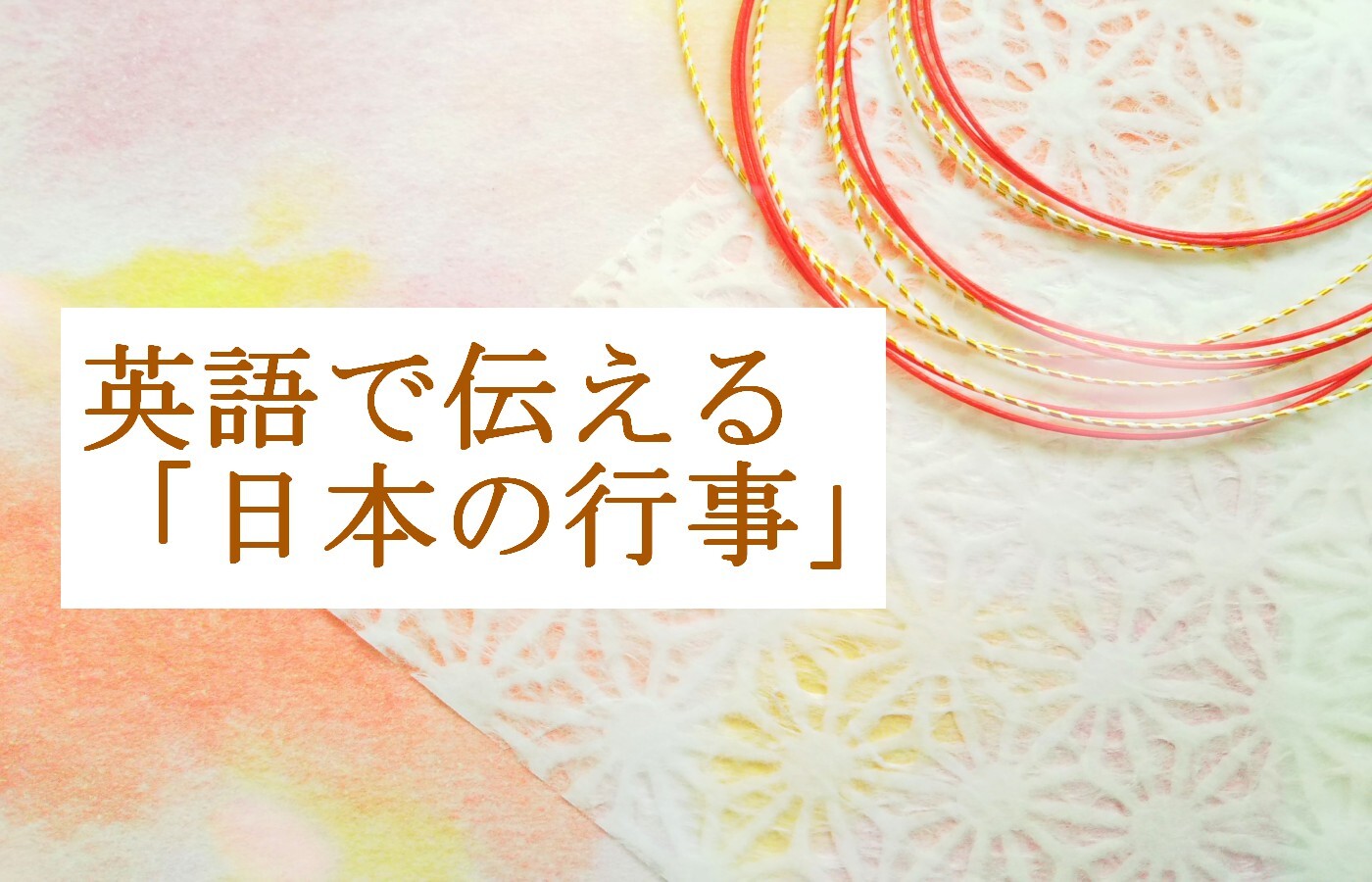英語で伝える「日本の行事」 12月 年越し
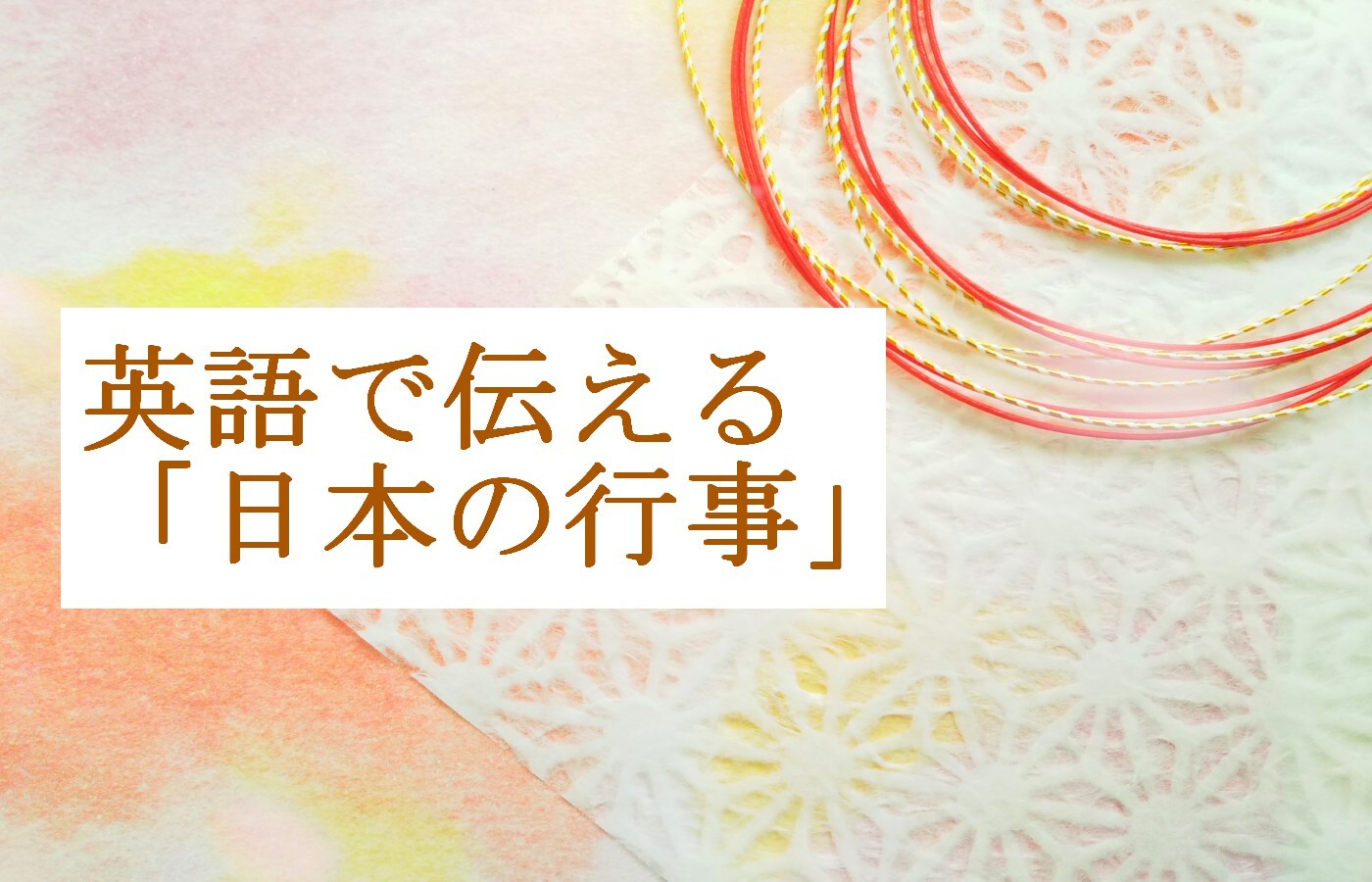
日本人が慣れ親しんでいる四季折々の行事や風習は、外国の人々にとってはユニークで興味深いものがたくさん。
でも日本ならではのことを英語で伝えるのって難しいですよね。
この「英語で伝える「日本の行事」」シリーズでは、毎月の行事や風習、文化を英語で説明するフレーズや覚えておくと便利なボキャブラリーをご紹介します。
12月は、年末の諸行事に関わるフレーズやボキャブラリーを学んでいきましょう。
目次
まえがき
街にイルミネーションが目立つようになってくると、「今年ももう終わりか」と感慨を覚えますよね。
12月25日まではクリスマス飾りがいっぱい、26日からは一転、年末ムードになる……という日本の風景は、外国人、とりわけクリスチャンにとっては、驚きを感じるもののようです。
とはいえ日本人にとっては当たり前すぎて、いざ説明を求められると困ってしまうのではないでしょうか。「よいお年を」など定型的な挨拶や、大掃除・帰省という習慣も、解説しようとすると、日本語特有の語彙・表現が頭に浮かんでしまい、訳すのに苦労したりするものです。
この記事では、年の瀬の日本を語る表現・文例をまとめました。頭に入れておいて、ここぞというとき使ってみてください!
Year-end:年末
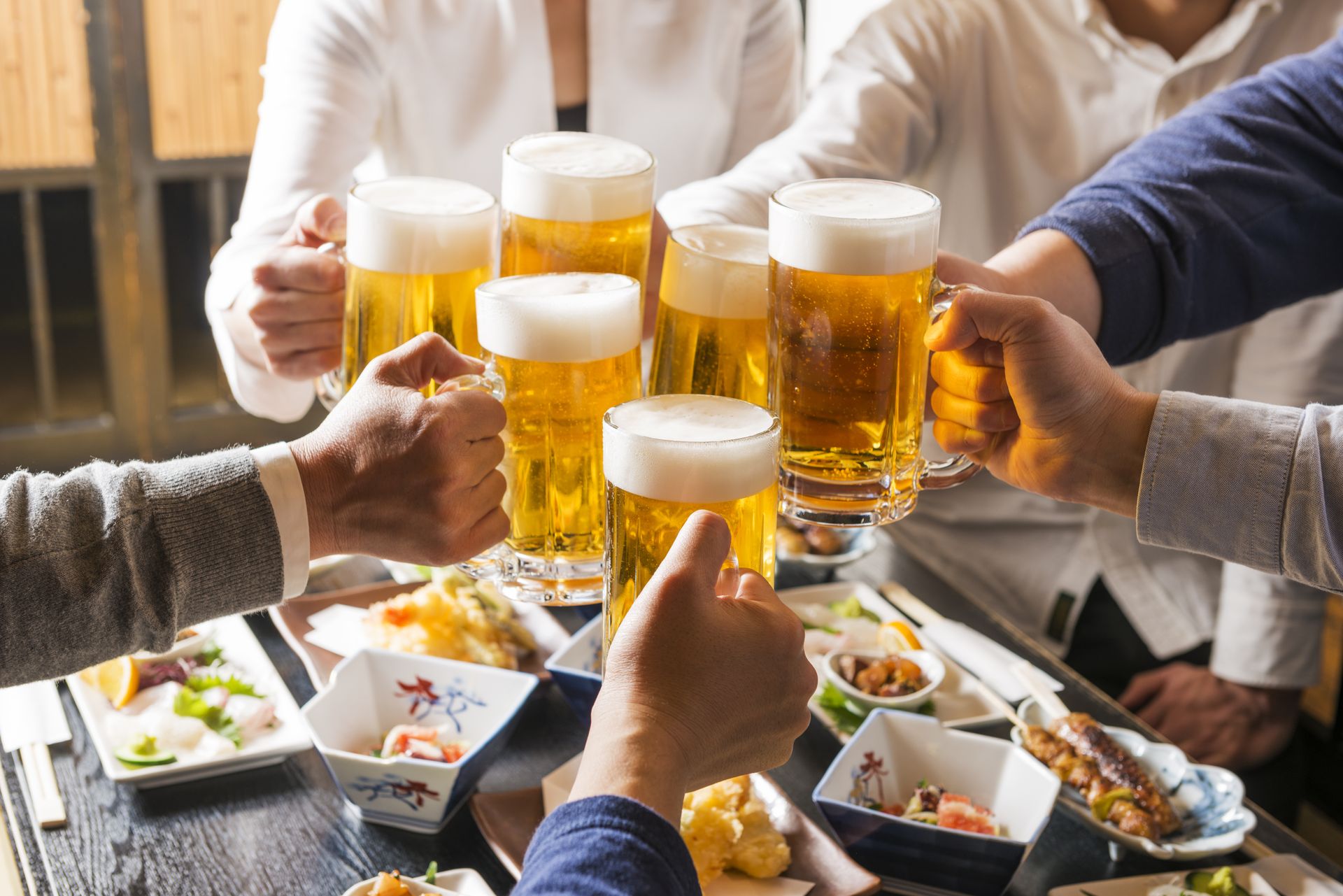
The old name of December is Shiwasu. The exact origin of this word is unknown. However, its Chinese characters give us the image of Buddhist monks being busy and running around. This image fits the busy December full of tasks, so even the current Japanese still use this word.
12月の古い名称は「師走」です。この単語の正確な語源は不明ですが、漢字は「師(仏教の僧)が忙しくて走り回っている」光景をイメージさせます。やることが多くて忙しい12月にぴったりのイメージなので、現代の日本人もこの語をいまだによく使います。
We have several special customs at the end of the year, such as bonenkai, or year-end party, and ohsoji, or year-end cleaning, etc.
年末には、特別な習慣があります。忘年会や大掃除などです。
Bonenkai is held among every type of human relationship, for example, colleagues, friends, acquaintances, etc. For restaurants or karaoke shops, the high season is this time of the year.
忘年会は同僚や友人、知人など、あらゆる人間関係で開催されます。飲食店やカラオケ店にとっては年最大の書き入れ時です。
The custom of ohsoji is rooted in a religious ritual of Shinto. People clean their houses completely to welcome the deity of the New Year.
大掃除の習慣は、神道の儀式にルーツがあります。人々は、新年の神を歓迎するために家を完璧に掃除します。
Writing nengajo, or New Year’s cards, is also one of the popular customs. Although the custom is switching to digital messaging, many people still write and post them within December to be delivered on January 1st.
年賀状、つまり新年の挨拶状も普及した習慣の一つです。この習慣は、デジタルのメッセージに変わりつつありますが、多くの人が未だに年賀状が1月1日に届くように12月中に書いて投函しています。
Because of such customs, we are busy in December.
こういった習慣のせいで、私たちは12月は忙しいんです。
Christmas and New Year:クリスマスと新年
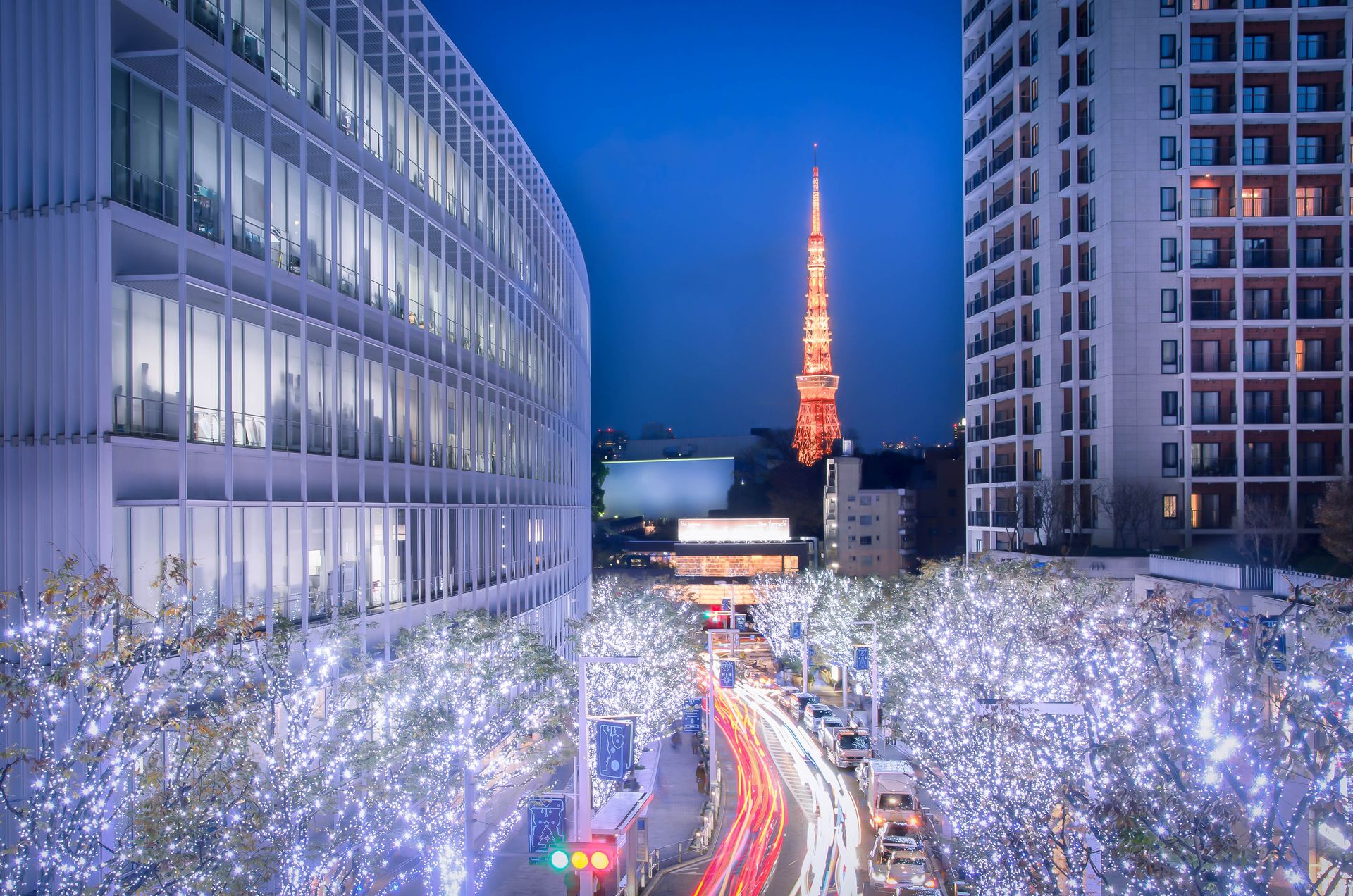
In Japan, most people accept Christmas as a seasonal event from abroad, in which they exchange presents and eat chicken dishes.
日本では、ほとんどの人がクリスマスを外国から来た季節の――プレゼントを交換したりチキン料理を食べたりする――イベントとして受け入れています。
Not many Japanese see it as a religious event.
それを宗教的な行事と見る日本人はあまり多くありません。
Christmas has a huge economic impact, so streets are decorated with Christmas motifs in December.
クリスマスは経済効果が大きいので、12月には通りがクリスマス・モチーフで飾られます。
Some spots are decorated with lights, and this kind of decoration in Japan is called “illumination.” One of the attractions at year-end shopping seasons features the “illumination.”
電飾が飾られる地域もあり、そのような装飾は日本では「イルミネーション」と呼ばれます。「イルミネーション」は年末商戦の呼び物のひとつです。
Many people go to see illuminations with their partners, friends, or families and enjoy dining out or shopping together.
多くの人がパートナーや友人、家族とイルミネーションを見に行き、食事や買い物をいっしょに楽しみます。
In contrast, the New Year event has a far longer history than Christmas in Japan. So, the event is considered the typical event of old and traditional Japan.
対照的に、正月の行事はクリスマスより遥かに長い歴史を日本で有しています。それで、その行事は古く伝統的な日本のイベントの典型と考えられています。
New Year events also have an economic impact because many people buy special decorations and foods for the occasion.
新年の行事も、多くの人が新年のための特別な飾りや素材を買うので、経済効果があります。
Therefore, decorations in shopping malls and streets are switched overnight from Christmas ornaments to New Year’s ones on the night of the 25th of December, to get customers’ attention in the most efficient way.
したがって、客の注目を最も効率的な方法で獲得するため、商業施設や通りの装飾は12月25日の夜に、一夜でクリスマス飾りから正月飾りに切り替わります。
They feel that the year is coming to an end when the city view and aired music are changed.
街の外観や放送される音楽が変わると、いよいよ年の瀬だと感じます。
Year-end and Year-beginning:年末年始
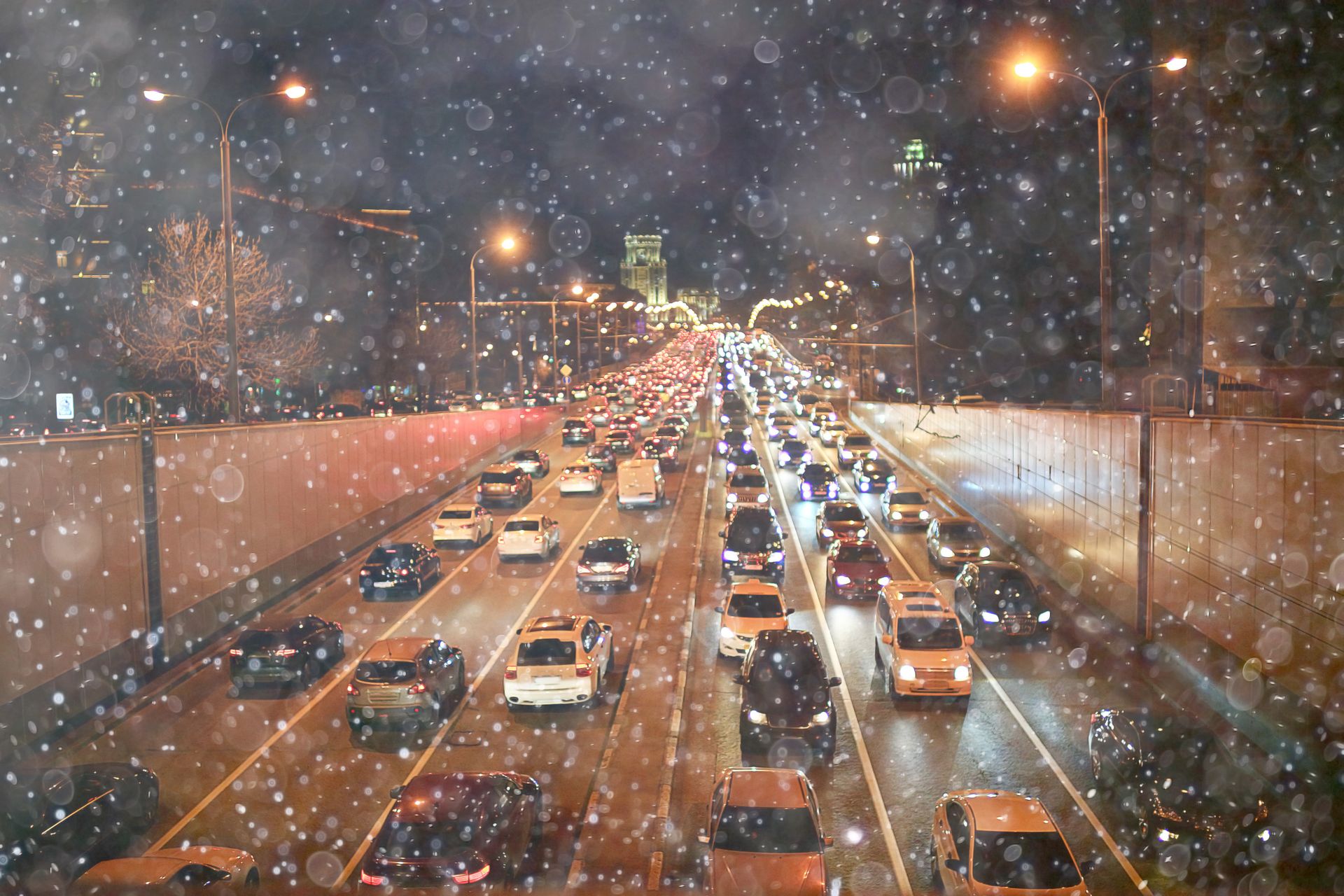
Christmas Eve and Christmas, or December 24th and 25th, are not public holidays in Japan.
日本ではクリスマスイブやクリスマス、つまり12月24日や25日は公的な祝日ではありません。
Most companies close their businesses from December 29th to January 3rd.
ほとんどの企業は、12月29日から1月3日まで休みます。
Some people and companies take extra days off just before or after the holidays and extend the vacation.
この休みの前後に追加で休日を取って休暇を延長する人もいますし、そういう企業もあります。
Schools close for the winter vacation, which is about a week before and after January 1st.
学校は、1月1日の前後の2週間ほどが冬休みになります。
Therefore, many people take a trip during this season. Returning to their hometown and spending time staying with parents, grandparents, and relatives is considered the most standard way to spend this time.
そのため、多くの人がこの時期に旅行をします。故郷に帰り、両親や祖父母、親戚と一緒に過ごすのが、最も一般的な過ごし方と考えられています。
Some people enjoy going abroad. Railways, highways, and airports become remarkably crowded, and the media continuously broadcast transportation news.
海外旅行を楽しむ人もいます。鉄道や主要幹線道路、空港は驚くほど混雑し、メディアは交通情報を流し続けます。
Year-crossing:年越し
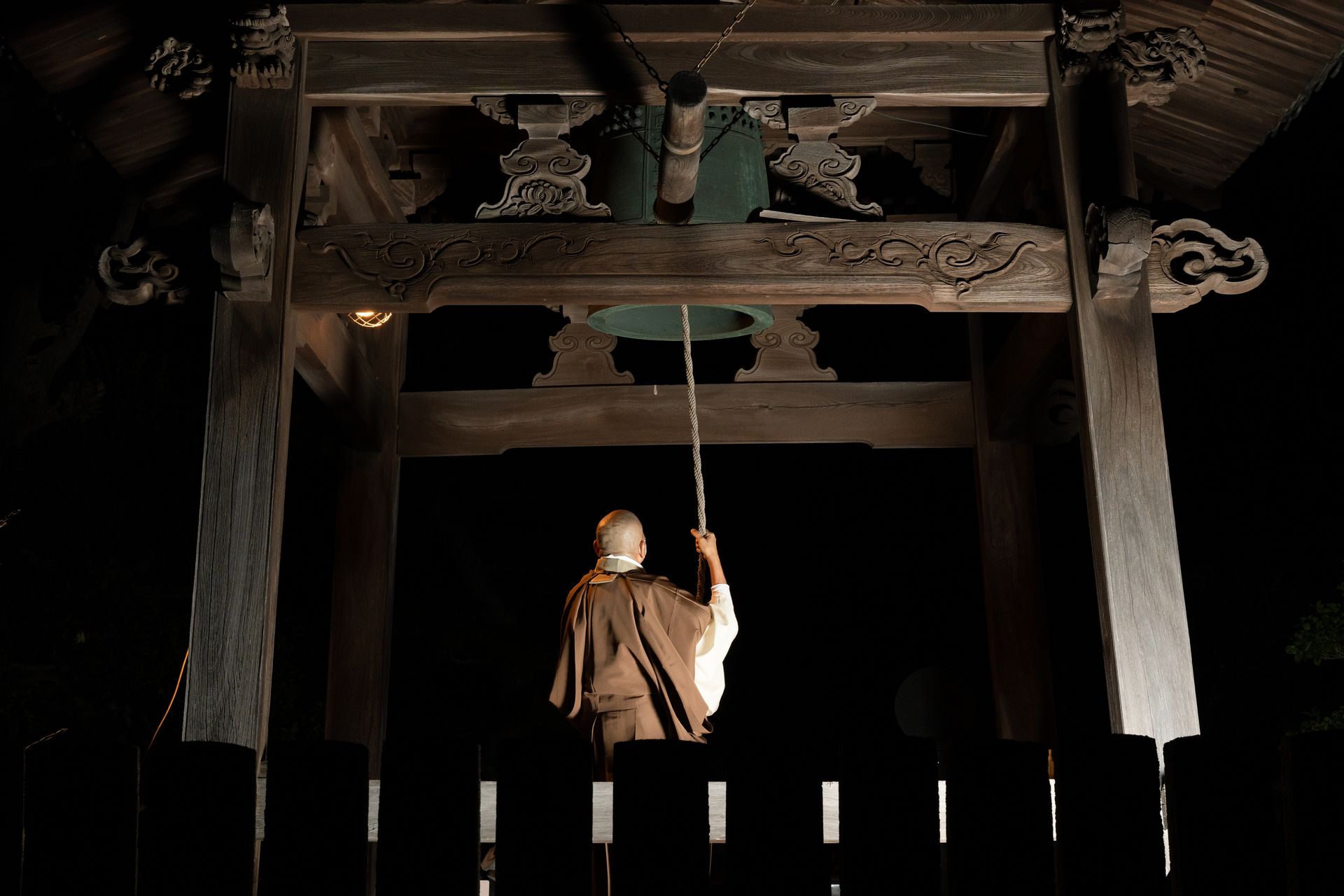
In this season, people use the phrase “Have a nice New Year!” to a person whom they won’t see again within the year as the greeting for a farewell, instead of saying “good-bye,” etc.
この時期、年内にはもう会わない人には別れの挨拶として「さようなら」などの代わりに、「よいお年をお迎えください」という言い回しが使われます。
From Around 11PM of New Year’s Eve to 12AM of January 1st, many temples ring a bell called “Joya no kane,” or the Bell of the New Year’s Eve, 108 times.
大晦日の23時ごろから1月1日の午前12時ごろまで、多くの寺は「除夜の鐘」つまり大晦日の鐘と呼ばれる鐘を108回つきます。
The reason for ringing 108 times is that human beings are said to have 108 worries and sufferings in Buddhism. By ringing the bell, people can erase them, and enter the New Year with their minds purified, they say.
108回つく理由は、仏教では人間は108の煩悩(悩みや苦しみ)を持つと言われるからです。除夜の鐘をつくことで、人々は煩悩を消し、清らかな心で新年を迎えることができると言われます。
While hearing Joya no kane, we cross and welcome the New Year.
除夜の鐘を聞きながら、私たちは新年を迎えます。
Some people go to the temples to ring the bell by themselves.
自分自身で除夜の鐘をつくためにお寺へ行く人もいます。
Some people eat year-crossing soba noodles on New Year’s Eve, wishing for longevity symbolized by the long noodles and other good fortunes.
長い麺が象徴する長寿やその他の幸運を願い、大晦日に年越しそばを食べる人たちもいます。
便利な単語&表現
- Buddhist monk:お坊さん、仏教の僧侶
- year-end party:忘年会
- year-end cleaning:大掃除
- high / peak season:書き入れ時
- deity of the New Year:歳神、新年の神
- New Year’s cards:年賀状
- economic impact:経済効果
- New Year events:正月の行事
- Christmas ornament:クリスマス飾り
- year-end and Year-beginning:年末年始
- return to one’s hometown:帰省
- year-crossing:年越し

